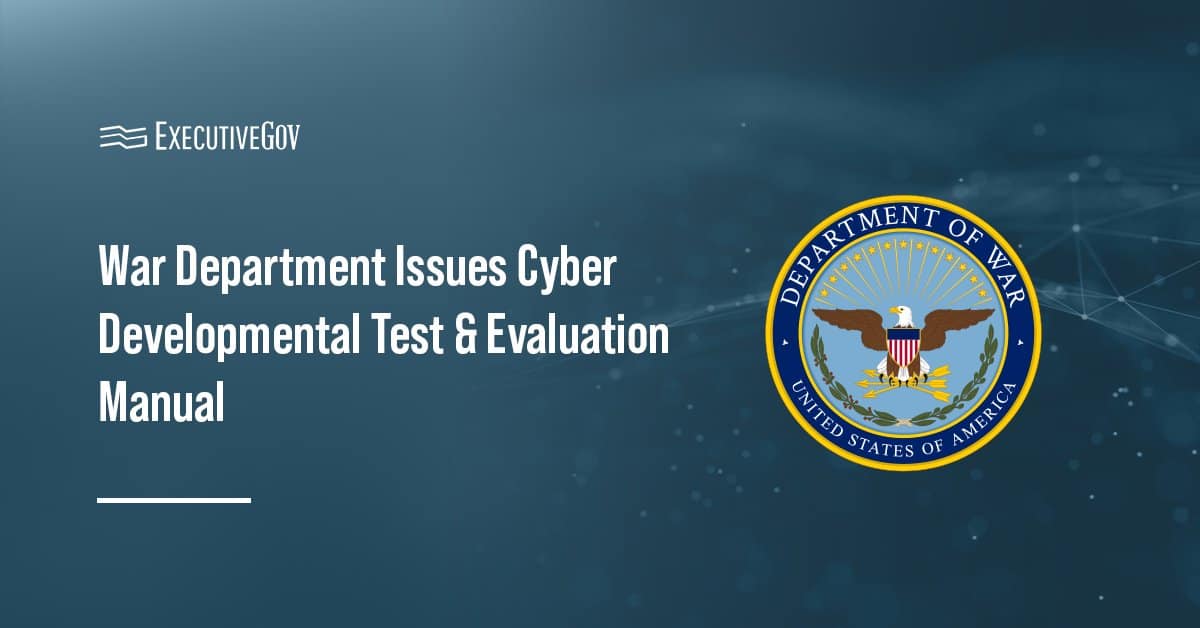 The Government Accountability Office has urged the federal government to implement a set of “critical†actions to address cyber threats to information technology systems that support critical infrastructure.
The Government Accountability Office has urged the federal government to implement a set of “critical†actions to address cyber threats to information technology systems that support critical infrastructure.GAO said Wednesday said these measures include establishing a comprehensive cybersecurity strategy, updating governmentwide data security programs and increasing federal role in infrastructure protection efforts.
The government audit agency found that the U.S. government has not yet implemented 1,000 out of the 3,000 recommendations the watchdog has provided since 2010.
Federal information systems will continue to remain vulnerable to sophisticated virtual attacks unless authorities move to address cybersecurity shortcomings, GAO noted.





